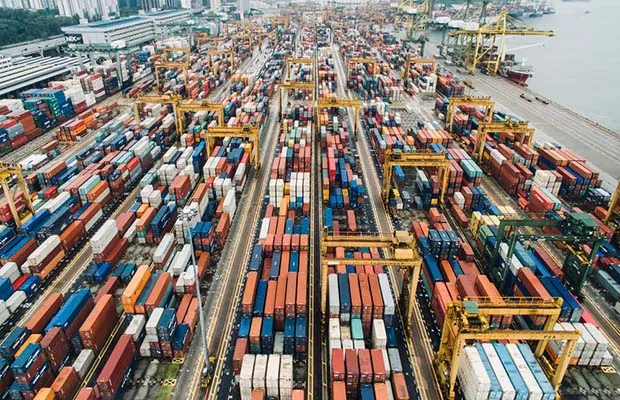DGTR Recommends Continuation of Safeguard Duty on Solar Cells
- DGTR has actually advised the continued charge of the safeguard responsibility on import of solar cells for one more year to shield domestic producers

The Directorate General of Trade Remedies (DGTR), under the Ministry of Commerce, has actually advised the continued imposition of the protect responsibility on import of solar cells for another year to shield domestic producers as well as dissuade inexpensive imports.
In its probe, the DGTR has actually ended that after a decline in imports in 2018-19 due to the imposition of guard task on "solar cells whether constructed in modules or panels", imports had again boosted throughout April-September 2019 duration after that the rate of the safeguard task had lowered on July 30, 2019.
In an alert, the directorate has stated that there has been a considerable rise in imports of the cells.
" The domestic sector is continuing to suffer a significant injury which is confirmed from a total factor to consider of its efficiency, especially on the basis of its ability utilisation which is mediocre thinking about the need of the item, boosting levels of inventory and negative success, it has stated. Though the residential industry has actually enhanced its production as well as sales and also minimized its losses, its setting remains to be delicate and also would certainly relapse into a more significant injury if the guard obligation is ceased, it included.
Additional stating that the imports of the cells right into India, have not only remained to create significant injury to the residential industry yet likewise threaten to create significant injury to the residential producers and "it will certainly remain in the general public interest to continue the charge of safeguard duty" on the imports.
" It is noted that the residential industry has actually sought extension of the protect task even more for a period of 4 years ... Keeping in view that two years of security has actually already been supplied and also the residential market has actually boosted its position yet requires some even more time to change, an expansion of secure for a duration of another one year would certainly suffice," it issued.
The directorate has suggested 14.9 percent duty for the first 6 months from July 30, this year, as well as 14.5 percent from the next six months. The financing ministry will certainly currently issue an official notification for the charge of these duties, when they are all accepted.
The directorate has also ended that the price on the solar power developers and the ultimate consumer will raise as a result of the imposition of the secure obligation, however, "charge of protect task would certainly be in the public rate of interest because it will prevent full erosion of manufacturing base of the solar sector in the nation which has made substantial financial investments."
The probe was carried out after an application dated January 15, 2020, was submitted before the DGTR by the Indian Solar Manufacturers Association (ISMA) on behalf of three Indian manufacturers-- Mundra Solar PV Ltd, Jupiter Solar Power Ltd, and also Jupiter International Ltd for the proceeded imposition of the existing guard duty against imports of the cells.
Dr. Hitesh Doshi, Chairman of the All India Solar Industries Association claimed that the "Government of India has actually taken excellent action to conserve module producers in India. We are happy. Today at the module degree there is more than half value enhancement as well as highest direct and also indirect work.
" 15 percent obligation is not nearly enough to quit unloading in our nation, still this excellent action for the nation as well as we value the very same. We are eagerly anticipating even more toll and also non-tariff base barriers to quit dumping in our country."
India had actually initial imposed the task on imports from China and a couple of other nations on July 30, 2018, for two years.
Also read

